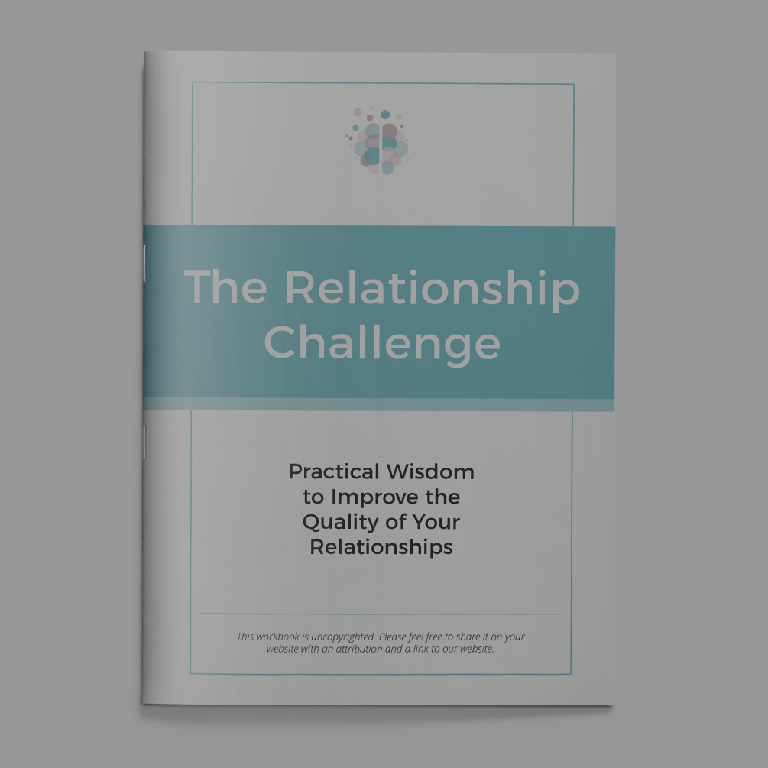It’s widely recognised that traumatic events experienced as a child can exert profound and lasting effects on individuals. But how can childhood trauma be measured and what predictions can be made about the main symptoms of childhood trauma in adulthood?
The ACE Study
In the 1990s, a pivotal study took place in the United States (led by the CDC and Kaiser Permanente) using 10 questions designed to probe each participant’s experiences of adverse childhood experiences (ACEs).
The ACE Study questions focused on physical and sexual abuse, physical and emotional neglect, and family dysfunction. Each participant was given a score out of 10, identifying the number of ACEs they’d been subjected to. The study showed a far higher prevalence of childhood trauma among adults than previously believed.
The Significance of ACE Scores
The ACE study not only quantified the incidence of traumatic childhood experiences, it also allowed researchers to connect high ACE scores with negative developmental outcomes in adolescence including learning difficulties and behavioural problems.
Over a lifetime, higher ACE scores are also correlated with higher incidence of mental health issues, lower earning potential, and increased incarceration rates (amongst other metrics).
Bowlby’s Attachment Theory
Beginning in the 1950s, experimental work undertaken by John Bowlby and others (including Mary Ainsworth) provided clear evidence of the critical role of secure attachment to a parent or other primary caregiver in childhood development.
Poor attachment was linked to difficulties with emotional self-regulation and poor acquisition of interpersonal skills (amongst others).
Bowlby’s theory suggests that traumatic childhood experiences (as indicated by high ACE scores) can adversely impact the quality of a child’s attachment, leading to impaired childhood development.
Accordingly, evidence of poor emotional self-regulation and under-developed interpersonal skills as an adult are indicative (though not, of course, conclusive proof) of childhood trauma.
Signs of Inability to Emotionally Self-Regulate
Quality attachment allows a child to develop self-soothing routines and rituals and to integrate stressful or difficult experiences.
Adults who are unable to draw upon such techniques show a range of unhelpful behaviours which they’ve developed as alternative coping strategies in the face of such experiences.
Here are some examples:
- Withdrawal. The individual avoids confronting the traumatic experience by withdrawing emotionally as a form of protection. They may avoid triggering events or withdraw from contact with friends and family entirely.
- Depression and suicidal thoughts. Without the ability to regulate feelings of sadness, loneliness and despair arising from childhood trauma, adults may become chronically depressed and engage in suicidal idealisation or suicide attempts in order to escape these feelings.
- Dissociation. An individual who cannot integrate traumatic experiences may sever off the offending memories. Entire segments of memory can be reorganized, rewritten, or disregarded. Disassociation may be mistaken for pathological lying.
- Self-harming or risky behaviours. In the absence of healthy and successful self-soothing practices, an individual may engage in self-harm (e.g. cutting) or risky behaviours (e.g. substance abuse) to alleviate the feelings of discomfort they are experiencing.
Signs of Underdeveloped Interpersonal Skills
Without quality attachment, a child will not have the contact required to develop interpersonal skills allowing them to relate and interact with others.
Again, adults who are unable to draw upon such skills in later life may display antisocial behaviours and be unable to build effective relationships.
The following are some examples:
- Trust issues. Without experience of a loving and safe environment, an adult may approach future relationships from a position of hostility with high levels of suspicion and hypervigilance.
- Anxiety. Without the ability to deploy interpersonal skills, interact effectively and build relationships, an adult may become overwhelmed by lack of confidence and anxiety.
- Diminished empathy. Diminished empathy arises because the childhood trauma prevented the individual from exploring and learning about other people’s perspectives. Diminished empathy may be mislabelled as cruel indifference if the individual’s trauma history is not understood.
- Anger. Where a childhood trauma engendered unresolved feelings of helplessness and social skills have not been developed, disproportionate displays of anger and/or violence may be frequent as an adult.
How DBT Can Help Trauma Survivors
Dialectical behaviour therapy (DBT) is a therapeutic approach specifically designed to assist individuals in enhancing their emotional regulation and interpersonal skills. Developed by Dr. Marsha M. Linehan, DBT combines cognitive-behavioural techniques with Eastern mindfulness practices.
One of the key components of DBT is teaching clients to notice their emotions without judgment, while simultaneously equipping them with a range of practical skills to manage intense feelings. DBT also teaches strategies to help people assert themselves, set boundaries, and communicate effectively in various relationships.
DBT empowers trauma survivors to foster emotional resilience, build healthier relationships, and ultimately lead more fulfilling lives.
Implications for Therapists
The analysis of the impact of childhood trauma on adults set out above suggests that working with such clients should include addressing early attachment patterns (at the appropriate stage of therapy).
A strengths-based approach to working with adults who have difficulty with emotional regulation may well assist in opening the client up to more functional coping strategies, through acknowledging the person’s resilience in surviving the childhood trauma and their genuine unmet needs for safety and security that have led to their current coping behaviours.
Fostering connection and emotional attunement can also help a client to build up their interpersonal skills. A Rogerian person-centred approach based on unconditional positive regard may well be of assistance with this goal.
Trauma-Informed Self-Guided Support for Mental Health
Research shows that self-help materials are often enough for people to overcome mild to moderate mental health difficulties without professional support.
If you’re interested in a trauma-informed self-guided program including tools from DBT, be sure to check out The Mental Wellbeing Toolkit.

About Stef
Dr Stephanie (“Stef”) Garner is a qualified counsellor and a member of the Australian Counselling Association. She specialises in working with gender, sexuality and relationship diverse clients, such as members of the LGBTQI+ community, as well as those engaged in alternative relationship models (such as consensual non-monogamy or polyamory) and kink practitioners. Stef practices person-centred therapy and has been living and working in Bangkok, Thailand since 2012. She holds a doctorate in philosophy (University of Oxford).
Find out more about her on her website, Facebook or email her at stef@unicorncare.one.


